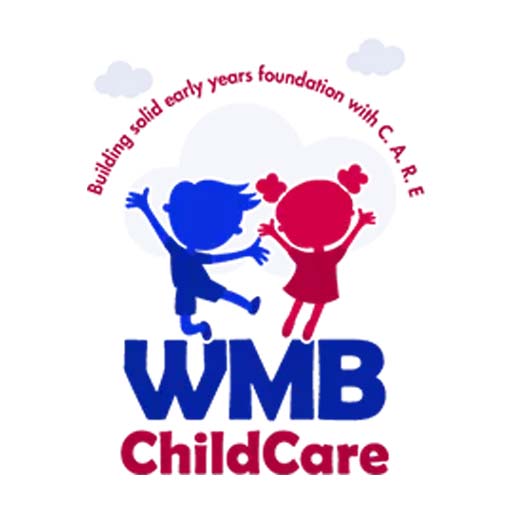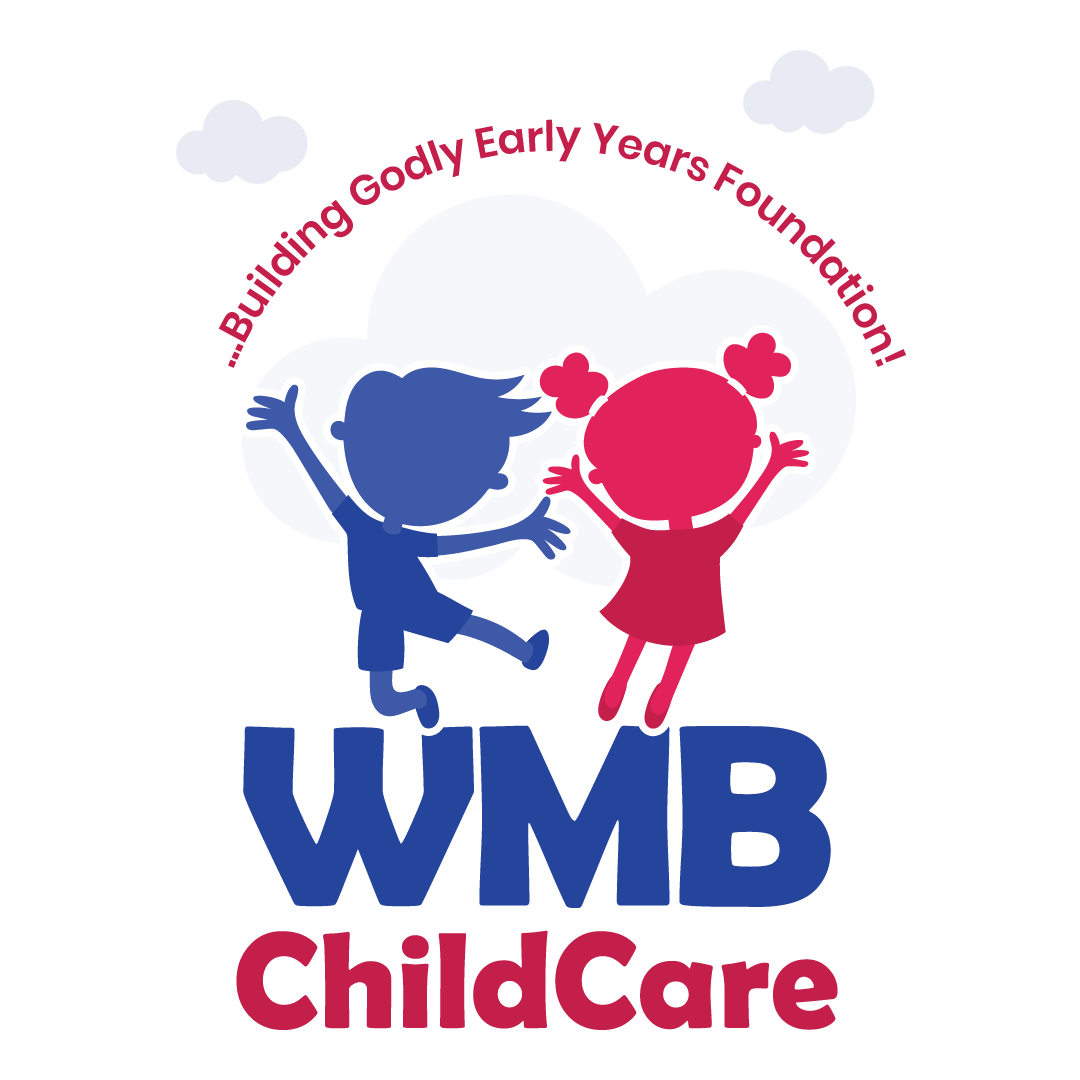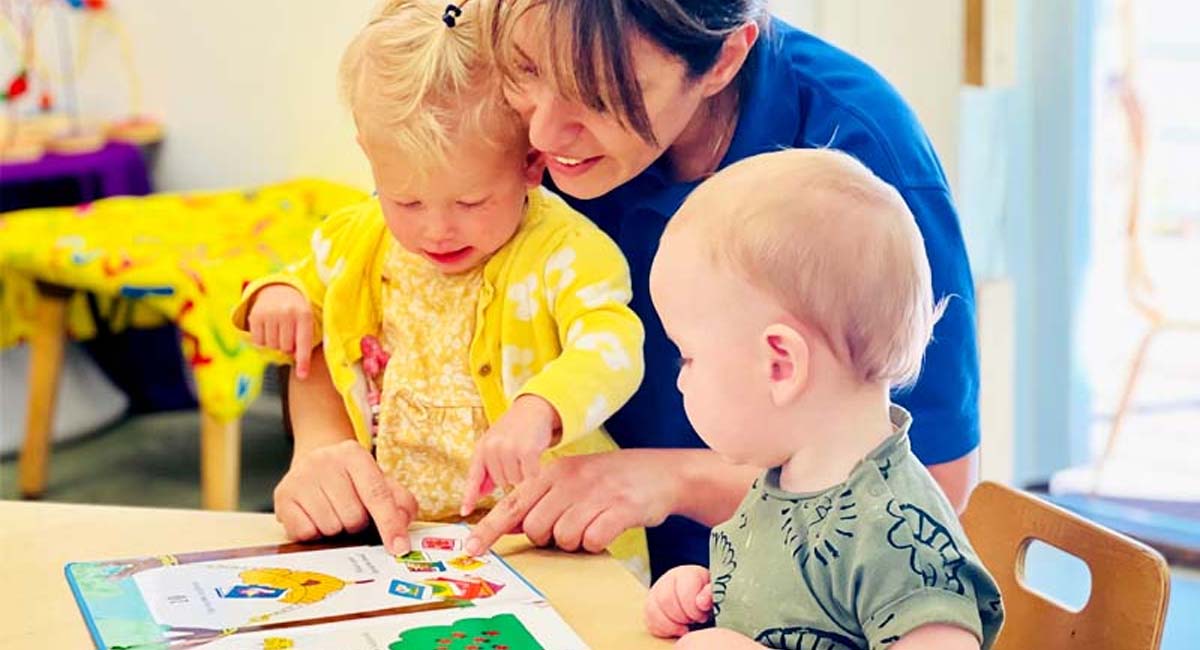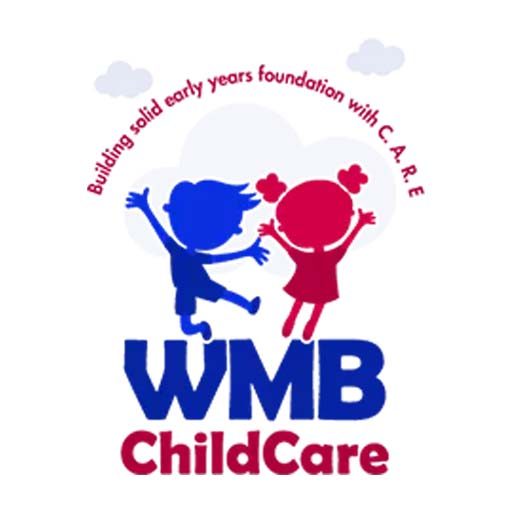The Power of Storytime in Early Childhood Development
Storytime isn’t just a fun activity; it’s a powerful tool for children’s learning and growth. It’s often said that “The more you read, the more you know.” From before children are born to their early years, sharing stories, and reading with them is vital for their language development, love for reading and fosters their creativity and imagination. Here’s how you can do it at each stage of their young lives:
1. Before Birth:
Importance: Even before babies are born, they can hear sounds and voices from the womb. Reading stories to them can lay the groundwork for their language development and create a bond between them and their parents.
Strategy: Expectant parents can talk or read aloud to the baby while they’re pregnant. This helps expose the baby to language and fosters a connection between the unborn child and parents.
2. Infancy (0-12 months):
Importance: Babies start learning language from the moment they are born. Storytime at this stage helps them hear different words and sounds, promoting bonding and focus.
Strategy: Choose board books with contrasting colors (black and white) and simple, repetitive text. Use funny facial expressions and soothing/exaggerated voices while reading to keep them engaged.
3. Toddlerhood (1-3 years):
Importance: Toddlers at this age are learning to talk and understand more words. Exposure to stories helps develop their language skills, vocabulary, and cognitive abilities.
Strategy: Use books with flaps, textures, and pop-ups to maintain their attention. Encourage them to touch and point to things in the pictures as you read. Also, encourage them to repeat words and ask questions during storytime.
4. Preschool Years (3-5 years):
Importance: Preschoolers are becoming better at talking, understanding, recounting stories and using their imagination. Storytime at this stage expands vocabulary, comprehension, and narrative skills and their imaginative skills.
Strategy: Choose a variety of picture books with more words, diverse characters, and engaging storylines. Encourage children to predict what will happen next, retell stories in their own words, and engage in discussions about the story’s themes and characters.
Conclusion
Reading is crucial for children of all ages. By laying a strong foundation for your children’s reading habits, you encourage them to become lifelong readers. So, make time every day to read to your children at home. Also, cultivate your own reading habit because when your child sees you reading, they’ll be encouraged to do the same.









Comments (5)
by Tolu
Lovely write up. So informative. Well done Titilola!
by Elizabeth
Absolutely love how this post breaks down the importance of storytime at each developmental stage. It’s a reminder of the power of simple moments shared between parents and children. Thanks Titilola
by Christiana
Thank you for sharing these insightful strategies for each stage of early childhood development.
by Moses
Thanks for the reminder to start up my storytime again with my babies.
by Thompson David
Hmm so informative, Many thanks Titilola
Comments are closed.